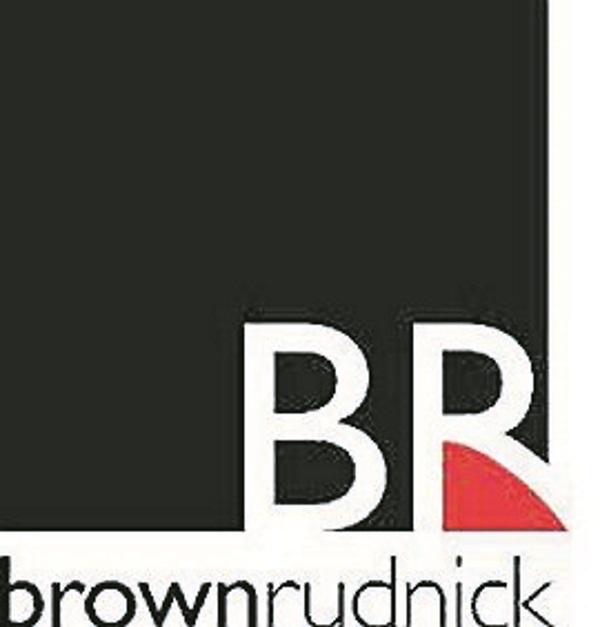A report from the Comptroller and Auditor General (C&AG) today has stated that Nama should have had “concerns” around a fees structure for Project Eagle and took a “narrow approach” in addressing problems with the northern loan deal, writes Juno McEnroe, Political Correspondent .
The State’s financial watchdog has concluded that Nama’s sale of its €1.6bn northern property loans had reduced competition and information for bidders compared to other sales.
Restrictions were put in place, which differed for Project Eagle compared to other large loan sales such as project Tower and Project Arrow, the report claims.
Restrictions acted as a deterrent for other bidders and had the potential to affect the price achievable, says the C&AG report.
However, Nama’s board disputes this saying it is “satisfied” all interested bidders were approached and give a chance to compete for the northern loan book sale.
Ultimately, Lazard’s, advisors for Nama on the Project Eagle sale, recommended that US firm Cerberus had the best bid for the loan book.

But the C&AG report adds: “The restrictions on the sales process combined with the scope of Lazard’s assurance statement do not provide sufficient assurance that a different marketing strategy for the loans, or different timing of the sale, could not have resulted in Nama achieving a higher price from the sale of the loans.”
The financial watchdog has formally now questioned whether Nama should have considered the role of Frank Cushnihan, a businessman and member of Nama’s northern Ireland advisory committee.
The report notes that he was also advising six Nama debtors, who had loans estimated to amount to about half the value of the Northern loan book.
A further revelation that one of the underbidders, PIMCO, had sought to set up a fees systems with individuals, including Mr Cushnihan, should ultimately have raised “concerns” for Nama, the report notes.

A system of fees around the Project Eagle deal involving Mr Cushinhan, solicitor Tughans and firm Brown Rudnick should have “warranted more action” by Nama, it notes.

The report adds: “Nama appears to have taken a narrow approach, focusing on what were its legal obligations, rather than on what were the options for action that should be considered.”


